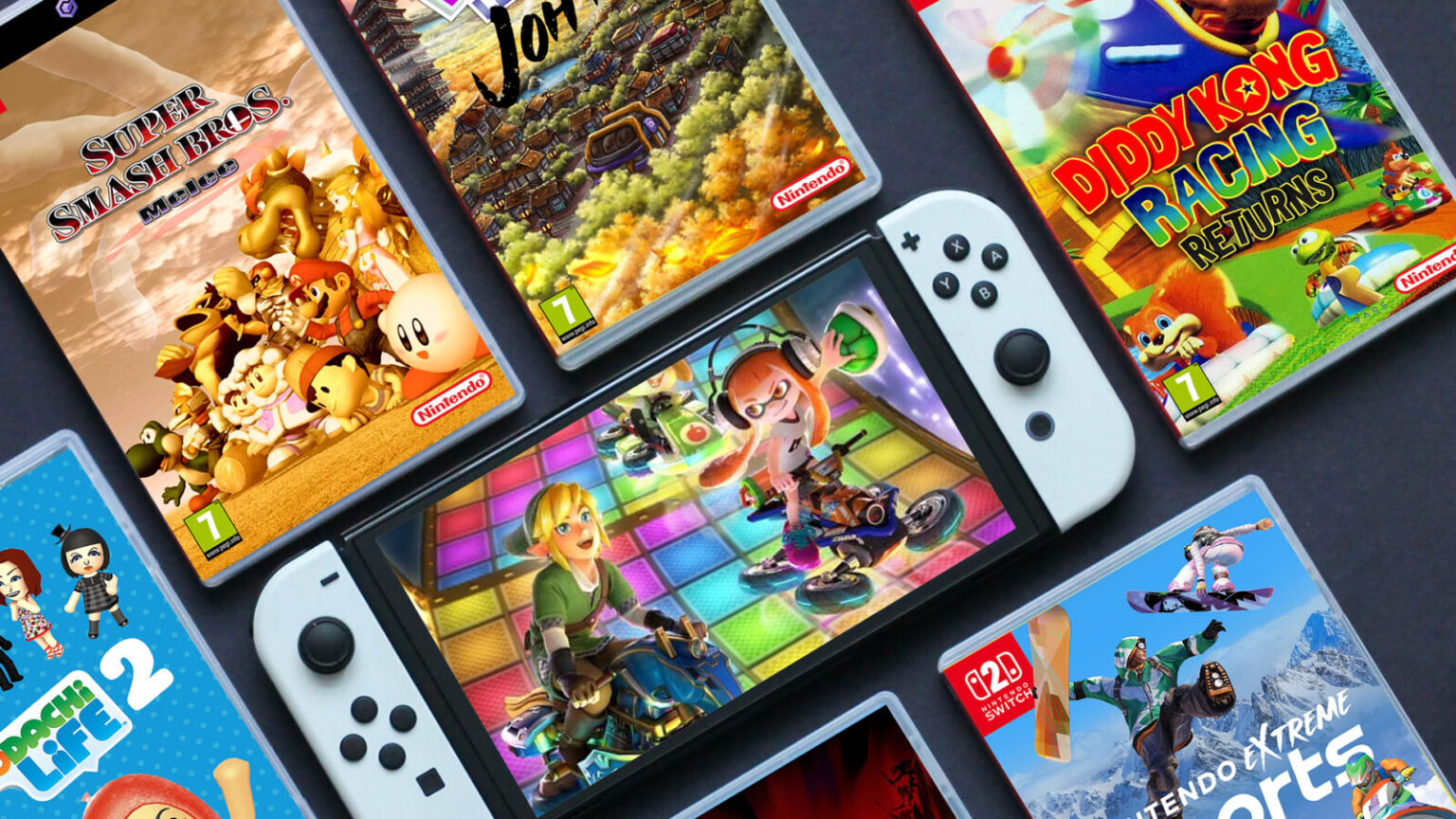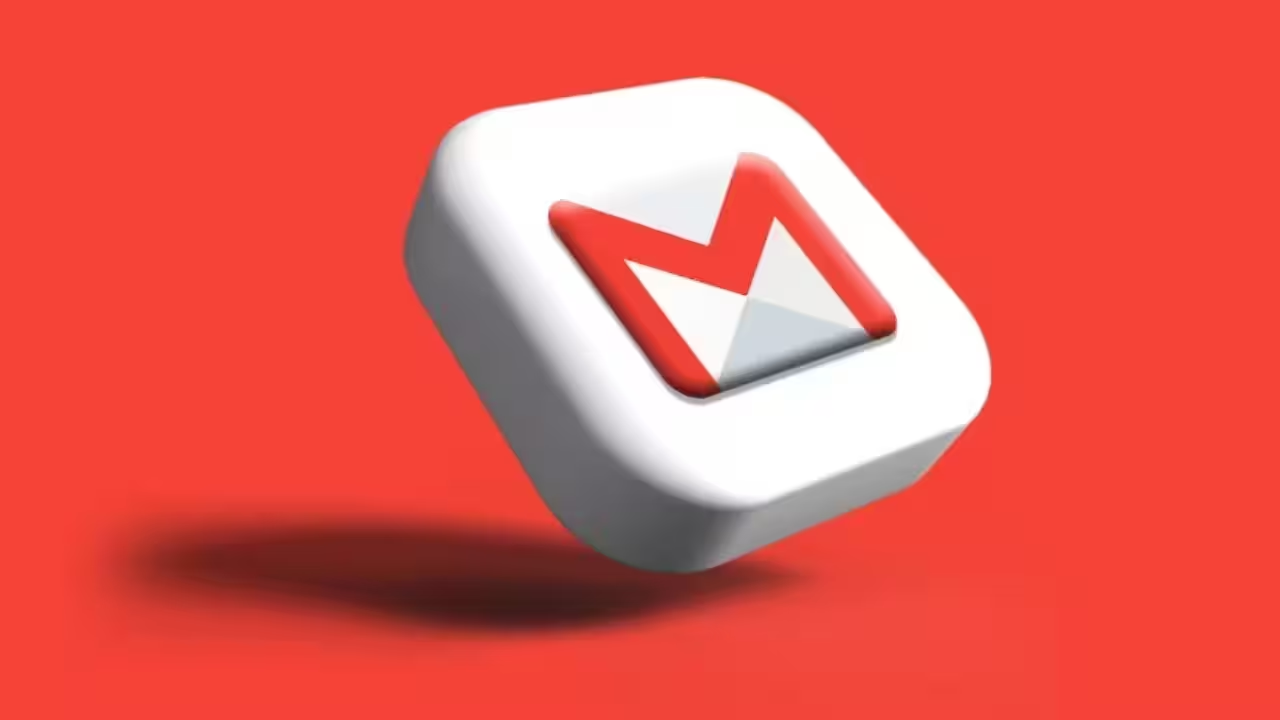With the Nintendo Switch 2 set to arrive on June 5, early adopters are eager to know which existing games will be playable on day one. While Nintendo has confirmed that the new console will support the original Switch library, the reality of backwards compatibility isn’t entirely seamless.
Unlike previous hardware transitions, the Switch 2 will rely on emulation rather than native support to run first-generation titles. For the majority of first-party and major partner-developed games, that won’t pose a problem—Nintendo says they’ll run without issue on the new system. However, a number of third-party and indie titles are experiencing glitches, performance degradation, or startup failures when running under the Switch 2’s emulation layer.
Some games, like Wolfenstein II: The New Colossus, Rocket League, and certain Final Fantasy entries, may fail to launch entirely. Others, including ALIEN: ISOLATION, Fall Guys, and Overcooked! All You Can Eat, can be played but reportedly suffer from in-game compatibility issues that affect performance or gameplay mechanics.
To address these issues, Nintendo has identified a group of 49 games that are set to receive updates aimed at ensuring full compatibility on Switch 2. These patches are expected to roll out either by launch or “shortly after”—a timeframe that remains vague and without confirmed release windows for individual titles.
Here are some of the notable games included in the update list:
- DOOM Eternal
- Fortnite (getting a full Switch 2 version rather than a patch)
- Travis Strikes Again: No More Heroes
- NBA 2K25
- Fitness Boxing
- Super Mega Baseball 3
- The Jackbox Party Pack and The Jackbox Party Pack 2
- STAR WARS: Dark Forces Remaster
- Everspace – Stellar Edition
- Eggy Party
- Gal Guardians: Demon Purge
Other titles range from arcade-style games like the ACA NEOGEO collection to niche entries such as Korean Drone Flying Tour Jeju Island-1 and Parents Vs Kids. Some of the games, like Pizza Tower and Process of Elimination, were relatively recent releases that had not yet been optimized for Nintendo’s new system architecture.
Nintendo’s approach here reflects both the potential and the limitations of emulation-based backwards compatibility. The benefit is that most games will be playable without developers having to rebuild them for the new hardware. The downside, however, is that emulation can introduce new bugs or break existing functionality, especially in games that rely on specific timing or system behavior.
For now, users can expect broad support for their existing game libraries, but those who rely on a wide variety of third-party titles may experience inconsistencies at launch. Nintendo has yet to specify which games will receive updates first or how long the patch rollout may take. Players will likely need to monitor publisher announcements and software update logs in the weeks following launch to stay informed.
The Switch 2’s expanded hardware capabilities, combined with its emulation layer, mark a new chapter in Nintendo’s console strategy—one that promises better visuals and performance, but not without early transitional friction.






